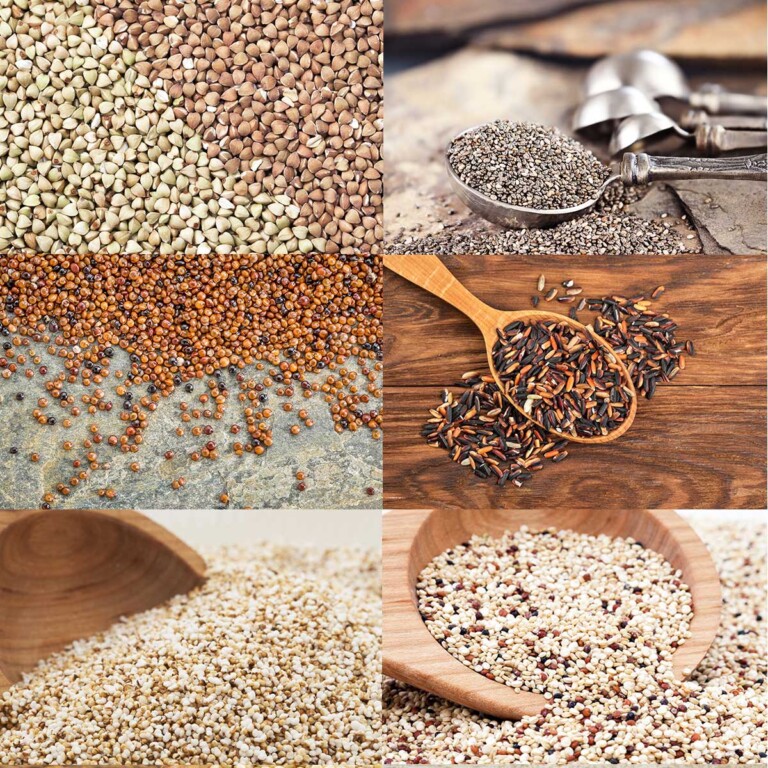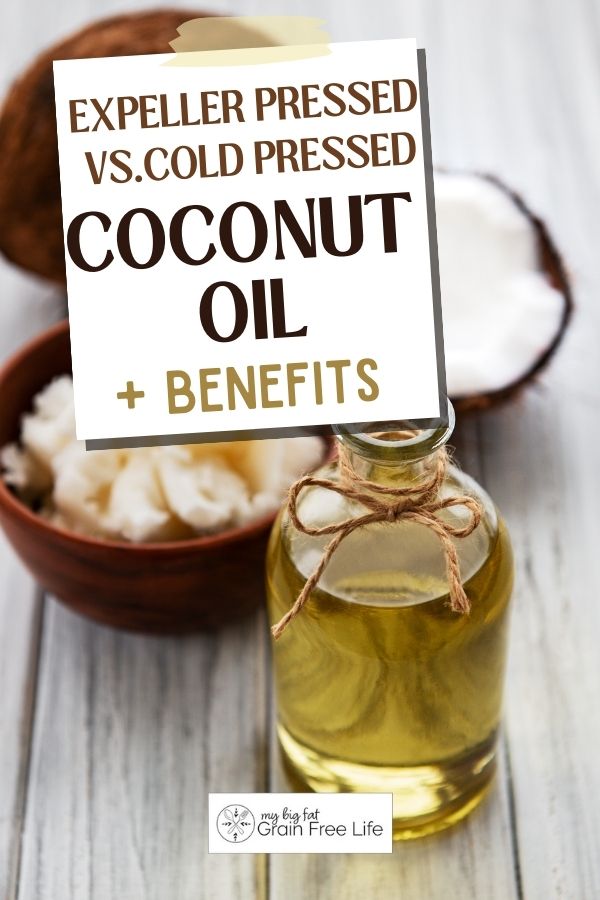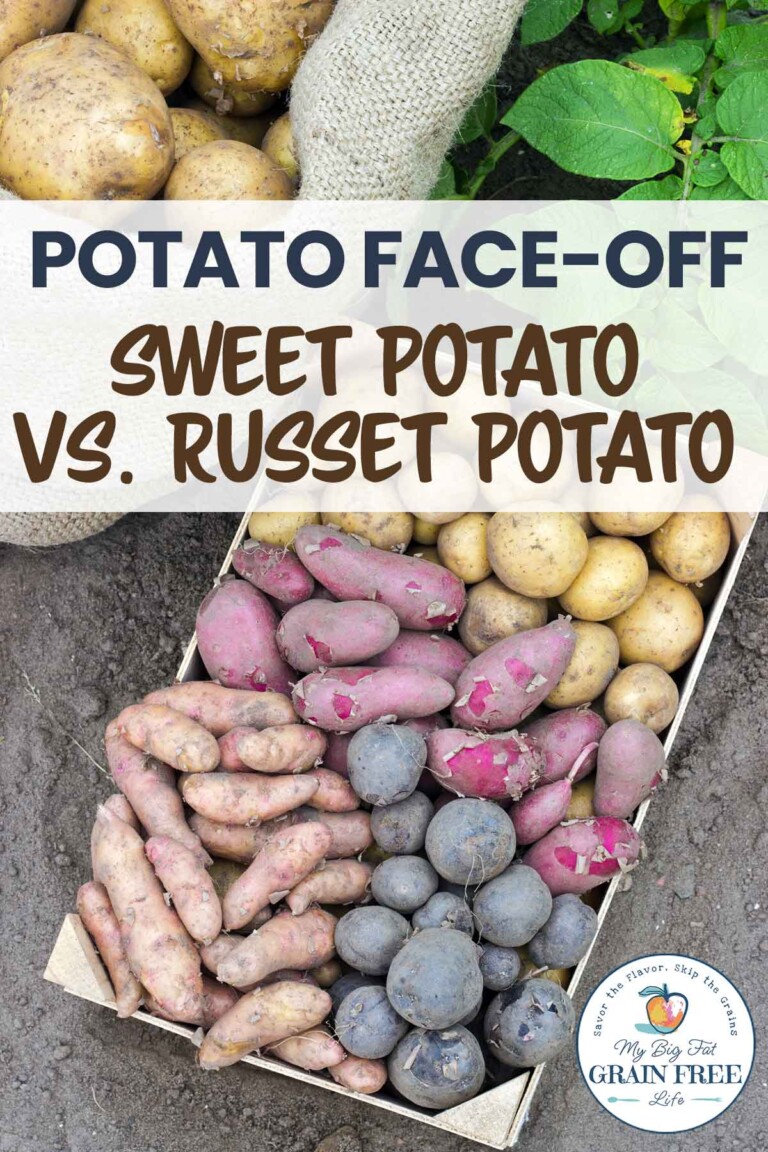The 30 Best Herbal Teas to Reduce Inflammation
This post may contain affiliate links. If you make purchase after clicking a link, I may receive a commission at no extra cost to you.
Last Updated on July 11, 2023
If you have inflammation and are looking to help treat it naturally, drinking tea may prove to be very beneficial. Let’s learn about the best herbal teas for inflammation and how they can benefit your health.
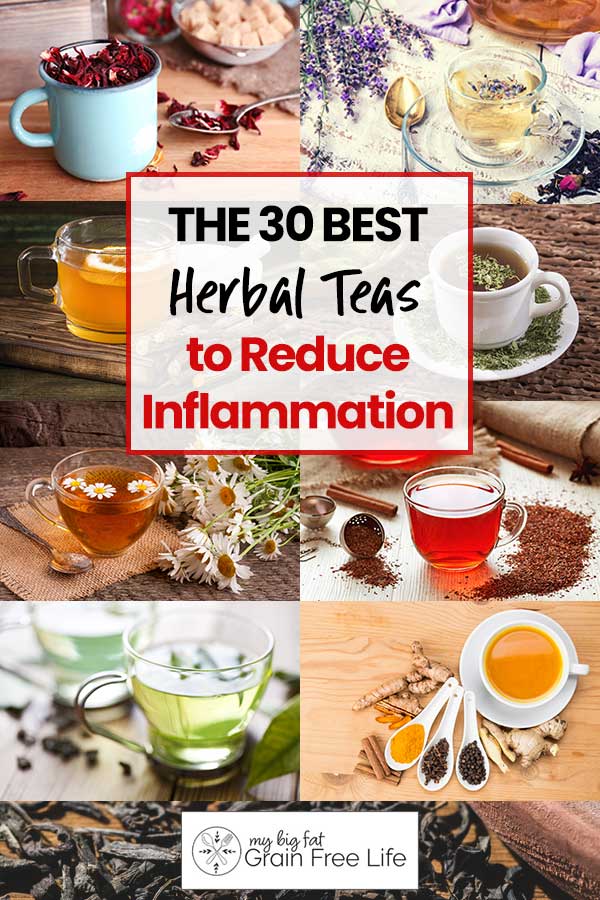
Best Herbal Tea for Inflammation
Have you been suffering from inflammation? Then you may wish to consider drinking herbal tea to relieve a few of the symptoms. Here’s a list of the best herbal tea for inflammation that you can enjoy.
Drinking Tea to Treat Inflammation
Inflammation is your body responding to some sort of irritant, injury, or infection. This response can be acute, meaning that it’s sudden or severe. Acute inflammation will go away after a few days. Or it can be chronic, meaning it doesn’t go away after a short time.
One option to treat inflammation is to drink tea, as many types of tea have anti-inflammatory benefits that may alleviate your symptoms. Just like fruit infused water, you can even add some fruit to your herbal teas to enhance the flavor.
The Best Teas for Inflammation
People have been drinking teas as a form of herbal medicine for centuries. While most teas have anti-inflammatory benefits, some teas will work better than other teas when it comes to relieving your symptoms.
There are some surprising health benefits of lemon seeds, so they are great to add to your hot teas as well! Below a list of the types of teas that are best for inflammation.
You Might Also Enjoy: The Best Tea For Candida Infection
What Type of Tea is Good for Inflammation?
Both true teas, which are teas made from the leaves of the camellia sinensis plant, and herbal teas may relieve inflammation with fewer side effects than a bottle of pills. Drinking these teas daily should give you a positive effect in a natural way.

Turmeric Tea
Turmeric is a member of the ginger family and is a flowering plant with an edible root. It’s often dried and made into a spice. There are a ton of health benefits of turmeric.
The active ingredient curcumin may reduce pain and inflammation because it interrupts the pathways leading to inflammation. Specifically, turmeric tea may relieve arthritic joint pain and muscle soreness. For best results, add a dash of black pepper to help activate the healing properties of turmeric.
Be careful about drinking turmeric tea if you’re pregnant or nursing. Also, be cautious if you’re taking medications or supplements, as the tea may interfere with the medication causing problems.
If you have skin issues, consider learning about the benefits of turmeric masks plus 10 ways to make it yourself.

Ginger Tea
Ginger tea has a sweet and spicy flavor. It comes from ginger root. There are over 50 antioxidant compounds that have been identified in ginger, some with powerful anti-inflammatory properties. The compounds minimize the production of cytokines, that are pro-inflammatory compounds in your body. It’s been shown to reduce post-exercise inflammation.
Some of the health benefits of ginger include treating nausea, may help weight loss, lower blood sugar, and may reduce your risk of cancer. Ginger tea is good for acid reflux.
While it’s safe for most people to drink in moderation, it can cause diarrhea, heartburn, and other issues in some people. It should be safe if you’re pregnant or breastfeeding, but you should still check with your doctor before drinking the tea.

Lemon Balm Tea
Lemon balm tea is a great way to enjoy a lemon-scented herb that has calming effects on the body. The delicious tea may help to fight inflammation after injury, and it’s also been shown to reduce inflammation throughout the body.
Be careful about drinking lemon balm tea if you have a hypo-thyroid, as it may negatively affect thyroid medications. In addition, some people are allergic to lemon balm.

Holy Basil (Tulsi Tea)
If you’re in the mood for a unique cup of tea, try a cup of holy basil. It’s an aromatic flowering plant that belongs to the mint family. And it’s not the same as sweet basil or Thai basil.
The herbal tea has anti-inflammatory benefits. Making it part of your daily routine may help to relieve many modern chronic diseases.
However, don’t drink it if you’re pregnant or trying to get pregnant. Holy basil may have antifertility properties and may be toxic to unborn children.

Rose Hip Tea
Have you ever seen red pseudo-fruits left on a rose bush after it loses its flowers? Those are rose hips. They’re packed with powerful antioxidants like beta carotene and vitamins C and E. It also includes powerful plant compounds that protect cells from damage.
Drinking rosehip tea may help to reduce joint pain if you’re suffering from osteoarthritis.
Rose hip tea is safe for most people, but some will experience gastrointestinal effects or an allergic reaction. It should also be safe for pregnant and breastfeeding women but check with a doctor first before drinking it.
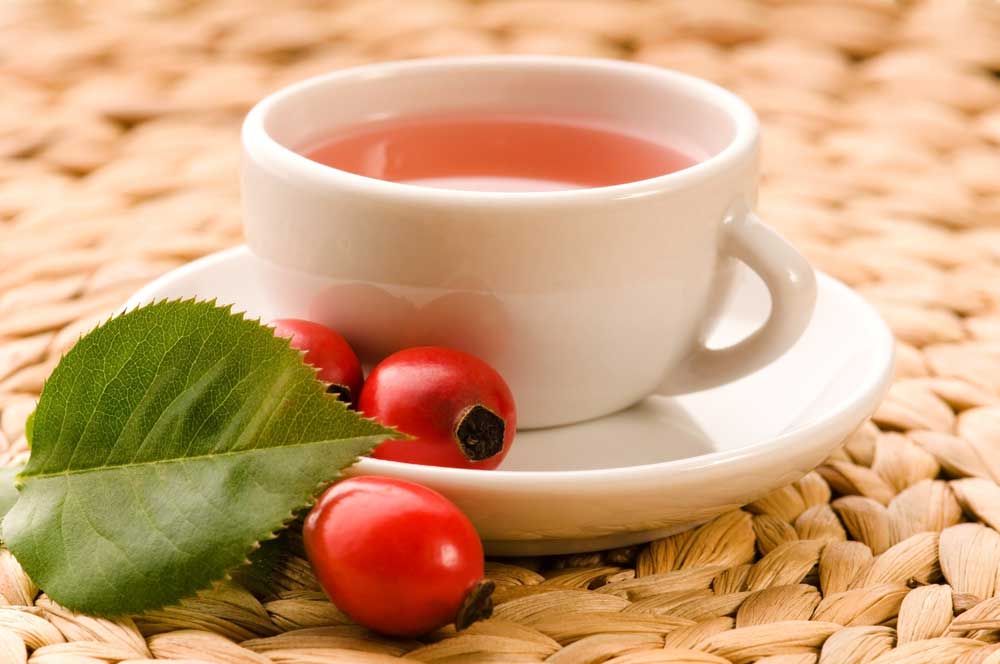
Best Herbal Teas for Inflammation
There are even more herbal teas that help with inflammation! Some of the following are the best teas for sinus issues.
Fennel Tea
Fennel has a similar taste to licorice or anise seed. It contains many anti-inflammatory phenolic compounds and may help to reduce pain from chronic inflammatory conditions.
However, fennel mimics the effect of estrogen, so pregnant women, nursing women, and people with cancers sensitive to estrogen should not drink it. Fennel tea also contains estragole which has been noted as a possible carcinogen. People should avoid fennel tea if they have cancer or are at high risk for cancer.

Chamomile Tea
Chamomile tea is a lovely and soothing floral, herbal tea. It’s full of flavonoids which are compounds that may reduce inflammation. It’s also an excellent remedy if you have a cold, cough, muscle pain, or illness.
The tea contains chamazulene, alpha-bisabolol, and apigenin. These compounds give chamomile tea its anti-inflammatory properties.
You will need to avoid drinking the tea if you have severe allergies, especially allergies to ragweed, daisies, chrysanthemums, or marigolds. The tea may also interact poorly with blood-thinning drugs. Infants and very young children should also avoid drinking chamomile tea.

Rose Petal Tea
Rose petal tea includes some anti-inflammatory properties and may prevent the pain caused by inflammation from physical injuries or arthritis. The anti-inflammatory effect may also help reduce menstrual pain.
However, some people are allergic to the rose plant. In addition, the tea may interact poorly with medications such as blood thinners or antidepressants. The tea also has high amounts of vitamin C and may cause kidney stones and increase iron absorption.
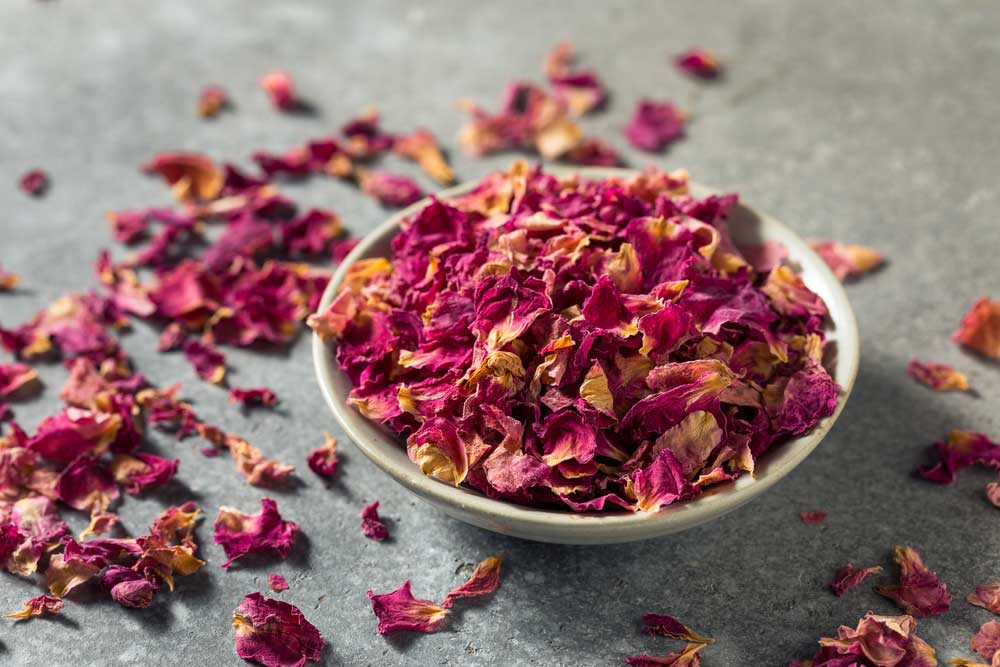
Chicory Root Tea
Some people prefer to call a drink made with chicory coffee instead of a tea. Chicory coffee is reminiscent of regular coffee, with bitter notes. You can add some raw honey or maple syrup to sweeten it and cut some of the ibitterness.
There are some great reasons to start drinking chicory as a tea (or coffee), and the anti-inflammatory properties are just one. Chicory can help you detox, may aid in weight loss, possibly ease menstrual symptoms, and even help improve gut health.
The anti-inflammatory properties are due in part to the antioxidants known as polyphenols that are abundant in chicory root.
Chicory stimulates the production of bile, so if you have gallstones use with caution and consult with your physician before consuming. Pregnant women should avoid drinking chicory coffee.
People with SIBO, Crohn’s and Ulcerative Colitis should also use caution when drinking chicory tea because of the high fiber content.

Clove Tea
Clove tea is made from the dried flowers of the clove tea and has a subtle sweetness and spiciness to it. The spice is often used in chai tea blends.
Cloves have anti-inflammatory properties, anti-cancer properties, and antibacterial properties. It’s been used in traditional medicine for years. Cloves have also been shown to reduce inflammatory responses in people.
Ingesting too many cloves may increase your risk of bleeding, lower blood sugar levels, or increase your risk of an allergic reaction. Check with a doctor before drinking clove tea if you’re pregnant or nursing to be sure it’s safe for you to ingest.
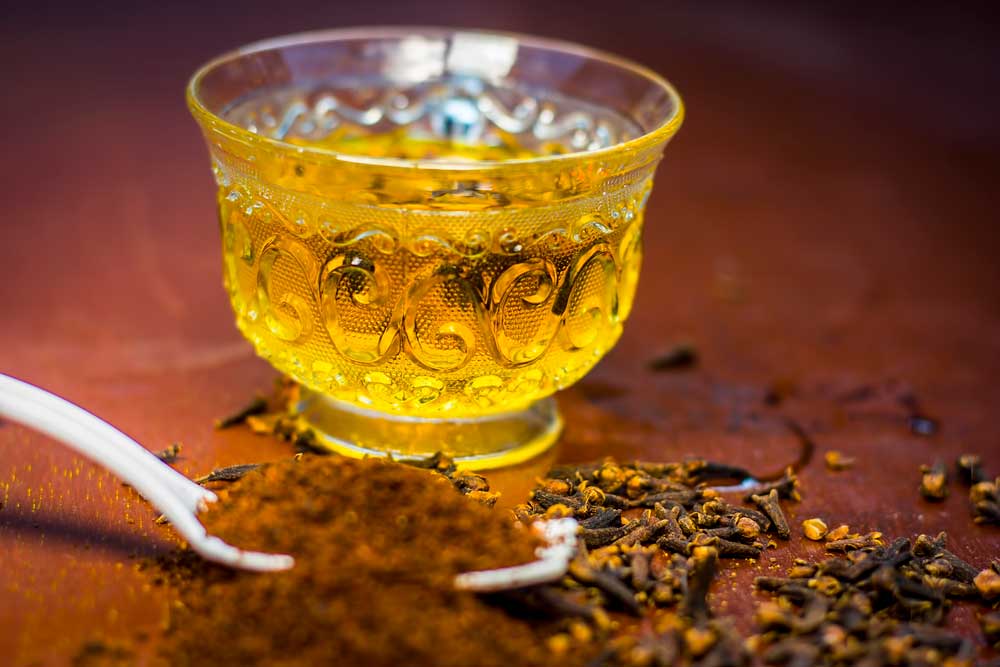
Lemongrass Tea
Lemongrass tea is a delicious herbal tea with a slightly tart flavor. It contains inflammation-fighting and antimicrobial properties. Drinking lemongrass tea may play a role in treating inflammation, and it may also lower blood pressure. There are also indications it will help with weight loss and help relieve symptoms of PMS.
Avoid drinking lemongrass tea if you’re pregnant, take prescription diuretics, or have a low heart rate or low potassium.
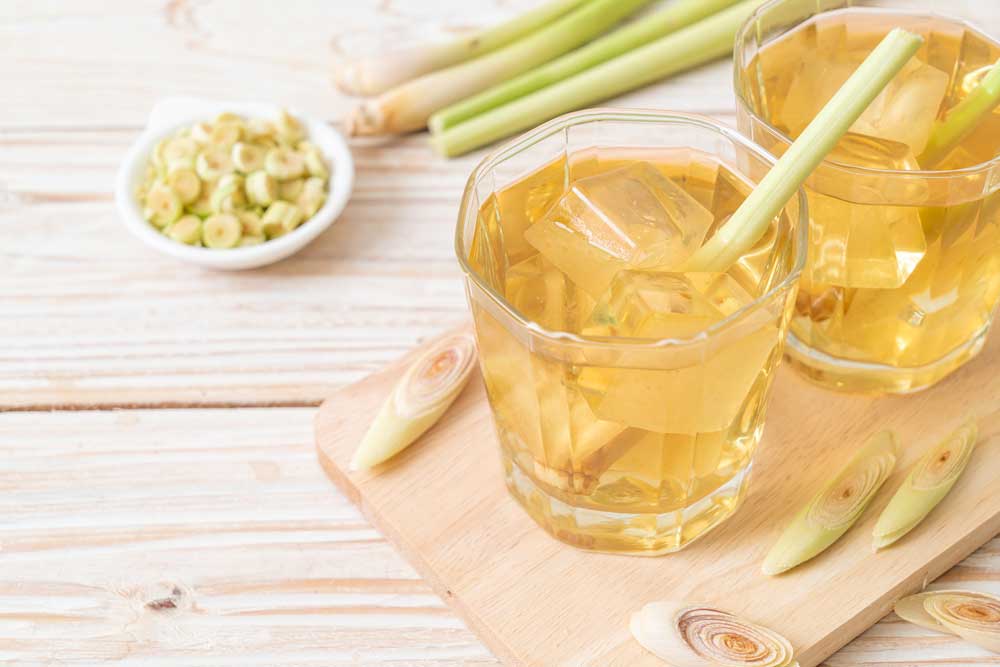
More Herbal Teas That Help with Inflammation
Don’t stop reading yet! There are still more teas you can explore in our list of best herbal tea for inflammation.
Lavender Tea
Lavender tea is made by brewing the purple buds of a plant named lavandula angustifolia. Some scientific research indicates that drinking lavender tea may reduce inflammation.
The tea may reduce stress and anxiety, help you sleep, and strengthen your immune system.
As drinking lavender tea may have an effect on the nervous system, you will need to be careful if you have heart conditions, underlying health conditions, or take medications. It’s also not known if drinking lavender tea is safe for pregnant or breastfeeding women.
It’s also dangerous for people with allergies to lavender or other flowering plant. Be careful about drinking lavender tea if you’re undergoing surgery. Lavender tea may react poorly with anesthesia or other medications and might even slow down the central nervous system
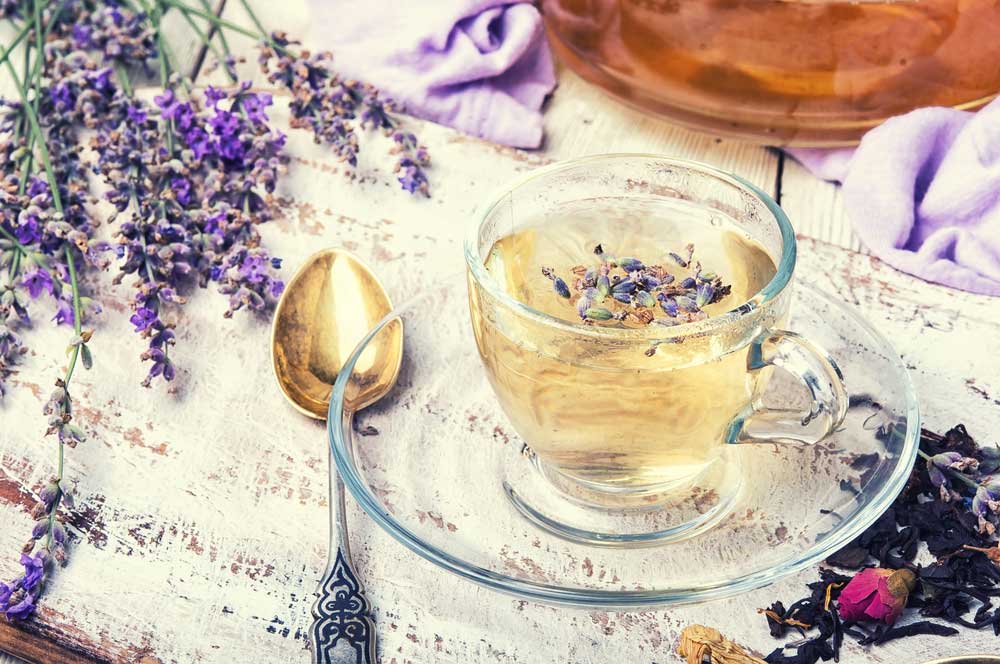
Moringa Tea
Moringa tea is a delicious tea with both antioxidant and anti-inflammatory properties. It has compounds called isothiocyanates that help to prevent issues caused by chronic inflammation. In particular, the anti-inflammatory properties may help prevent rheumatoid arthritis.
Drinking moringa tea may also lower your blood sugar and cholesterol levels. Plus, it may protect you against arsenic poisoning!
If you’re taking medication or supplements, check with a doctor before drinking the tea, as there may be adverse reactions.

Licorice Root Tea
Licorice tea is a naturally sweet tea that may reduce inflammation. It’s been used since ancient times in ancient Greek and Egyptian medicine as well as traditional Chinese medicine.
The tea may improve your skin, and because licorice is an alkaline food, it can help with acid reflux and peptic ulcers, ease a sore throat, and may even have anti-cancer properties.
The primary compound in licorice is glycyrrhizin. It’s what gives licorice root its sweet taste and anti-inflammatory properties. It’s also linked to some adverse effects like elevated blood pressure.
You can avoid the harmful effects of glycyrrhizin by looking for a tea with deglycyrrhizinated licorice (DGL) instead.
Drinking too much licorice root tea may also cause licorice posing, which may result in kidney failure, congestive heart failure, or excess fluid accumulation in your lungs. Pregnant and nursing women should also avoid drinking licorice tea as it may negatively affect the baby’s brain development.
Check with a medical practitioner before drinking the tea, especially if you’re on medication. Licorice root tea also reacts poorly with many medications, including diuretics, blood pressure, blood thinners, cholesterol-lowering, estrogen-based contraceptives, and nonsteroidal anti-inflammatory drugs.

Green Tea
Green tea is a delicious tea that you can make using a tea bag or loose tea. It’s high in antioxidants that help to reduce free radicals. It’s also antiarthritic, antibacterial, and antiviral.
Some of the many health benefits of drinking green tea you may experience are improved brain function, aid in fat burning, and may reduce your risk of some cancers. The tea includes four catechins, including epigallocatechin gallate, which is believed to suppress inflammation.
Green tea leaves have caffeine, so be cautious about drinking the tea if you’re watching your caffeine intake.

Black Tea
Black tea contains flavonoids and antioxidants that may reduce inflammation. In addition, drinking black tea may improve the health of your heart, lower bad LDL cholesterol, and improve your gut health. Plus, it may reduce your risk of chronic diseases.
Avoid drinking black tea if you’re working on reducing your caffeine intake. Black tea has caffeine and may cause side effects if you drink over 4 or 5 cups a day. Also, check with a medical practitioner if you are taking any medications or supplements, as you may experience some adverse reactions.
Also read: English Breakfast Tea Vs Irish Black Tea

White Tea
White tea is lower in caffeine than black and green teas, plus it’s full of powerful anti-inflammatory effects and antioxidants. Drinking white tea may reduce your insulin resistance and risk of cancer. In addition, the powder may be effective against the inflammation of human skin cells that is caused by free radicals.
Drinking white tea may cause insomnia or anxiety. You will also need to be careful about what brands of white tea you drink, as some have high levels of lead that are unsafe to drink while pregnant or nursing.
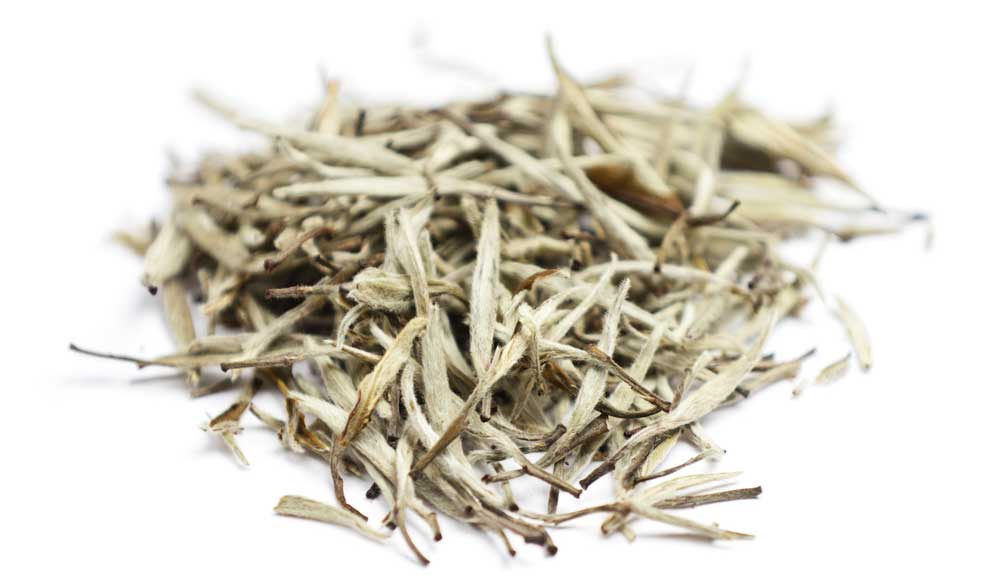
Rooibos Tea
Rooibos tea is an herbal tea from South Africa with a full body similar to black tea, except it’s caffeine free. It has flavonoids, which are antioxidants that have been shown to ease the body’s inflammatory response. It may also help with arthritis symptoms.
Plus, rooibos tea is full of nutrients like calcium, iron, magnesium, Vitamin C, and polyphenols that fight free radicals.
However, rooibos tea has demonstrated estrogenic activities, meaning that people with breast cancer or hormone-sensitive diseases should check with a medical practitioner before drinking it. The tea may also interact with some medications.
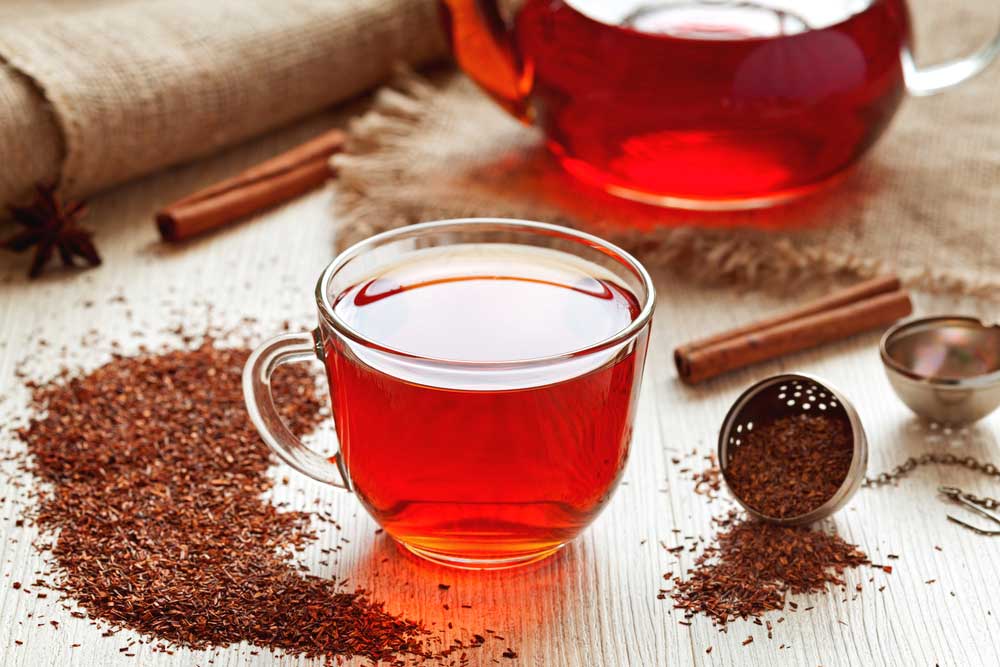
Matcha Tea
Matcha tea is a type of green tea that includes high amounts of compounds with antioxidant and anti-inflammatory effects. The tea may help to protect your liver, prevent cancer, improve your brain function, and help you to lose weight.
Be sure to drink matcha tea in moderation, as it contains caffeine.
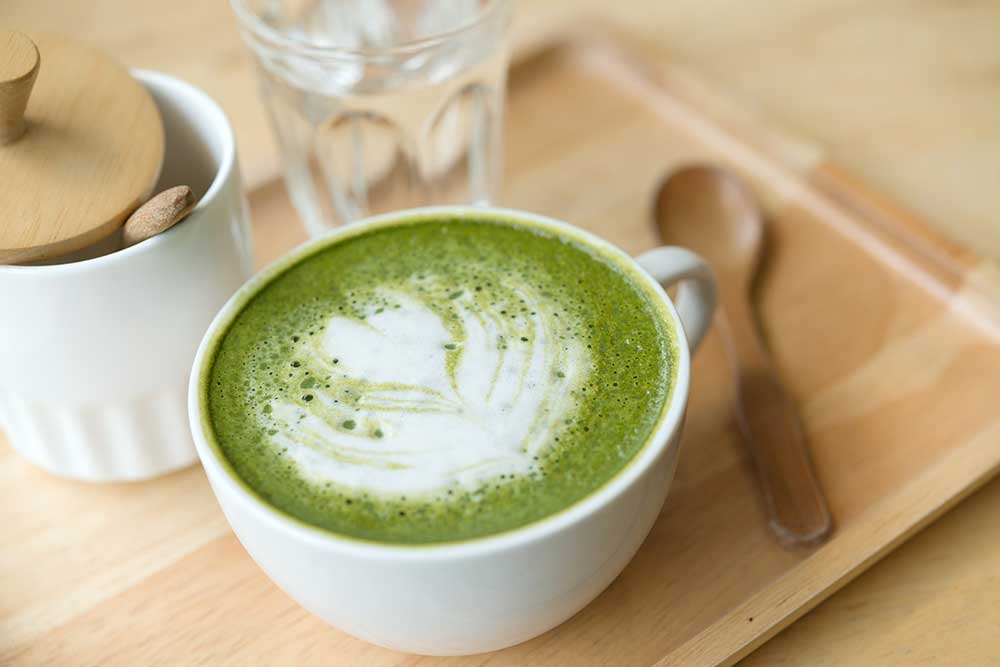
Peppermint Tea
Peppermint tea is an aromatic herb that’s a cross between watermint and spearmint. The leaves include phenols like rosmarinic acid and some flavonoids. These compounds help to prevent inflammation.
Drinking peppermint tea may help with digestive issues as well as relieve tension headaches and migraines. It may also help with seasonal allergies.
Be careful about drinking peppermint tea if you have GERD, stomach disorders, or are diabetic.
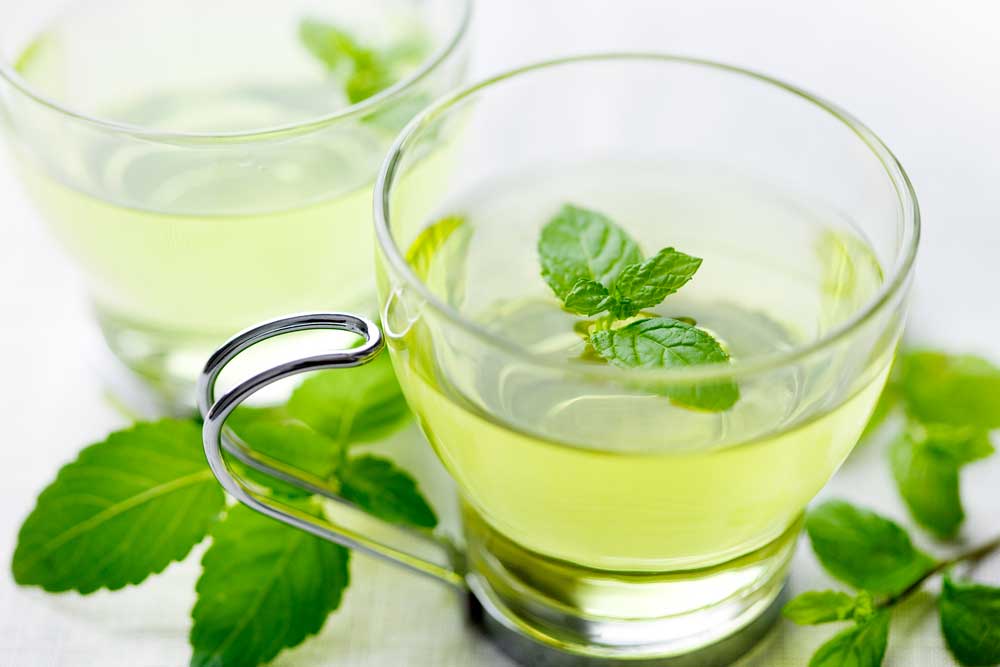
Yerba Mate Tea
Yerba mate tea is a caffeinated beverage that’s made from the leaves of ilexparaguiariensis, which is a type of holly. The tea is full of vitamins, amino acids, and polyphenols.
Ingesting yerba mata tea may help with weight management as well as reducing inflammation.
Pregnant women should not drink yerba mate tea as there is an increased risk of pregnancy loss, especially if you drink a lot of the tea. In addition, people with severe heart disease, uncontrolled high blood pressure, or heart arrhythmias should talk to their healthcare provider before drinking yerba mate tea.
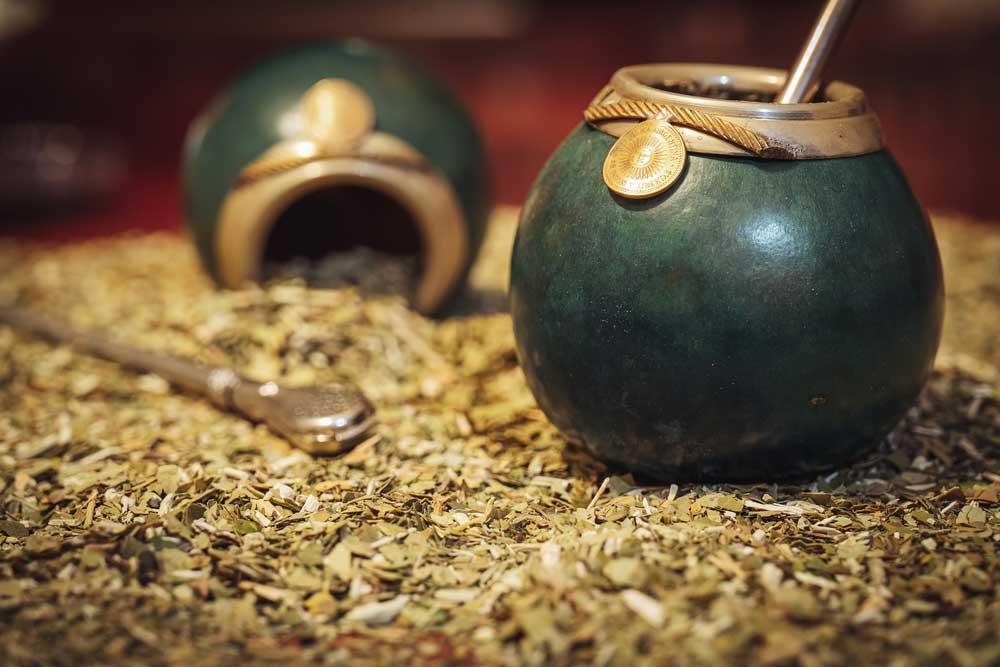
Nettle Leaf Tea
Ancient Egyptians used the stinging nettle to treat arthritis and lower back pain. It contains a wide variety of compounds that may reduce types of inflammation, such as arthritis. It may also help with hay fever, which is an inflammation in the lining of your nose.
You will need to be careful if you’re handing fresh stinging nettle leaves as the leaves have hair-like barbs that sting.
Pregnant women should avoid drinking stinging nettle tea. The plant may trigger uterine contractions that could increase the risk of miscarriage. In addition, the tea may interact poorly with some medications.
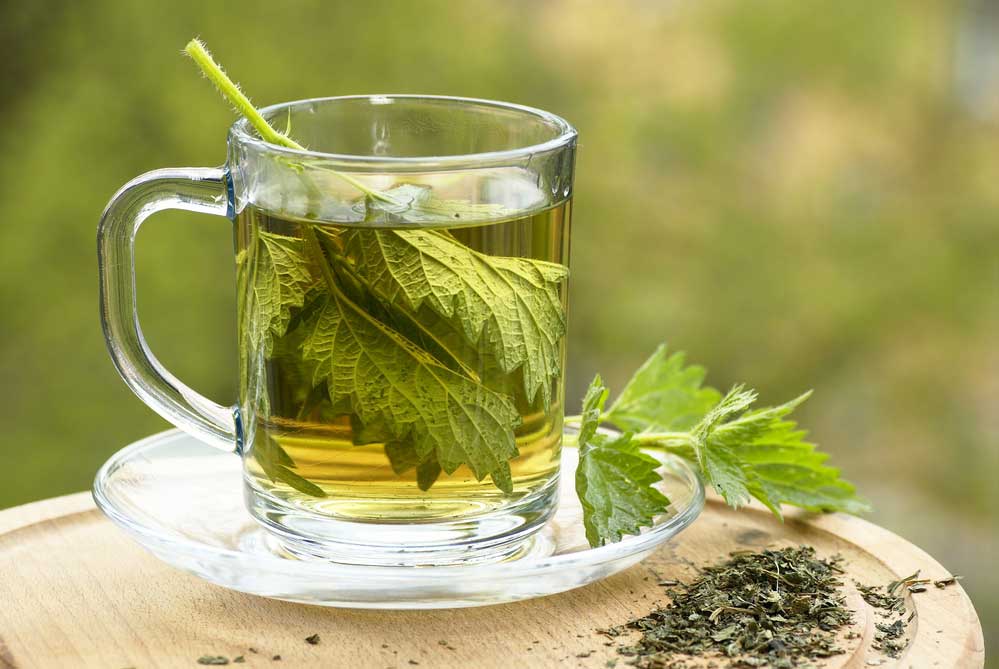
Hibiscus Tea
Hibiscus tea is full of antioxidants that may help reduce your risk of cancer, heart disease, and diabetes. There are indications that it may also help ease inflammation, lower blood pressure, and help you lose weight.
In high doses, hibiscus tea may cause liver damage and may interact poorly with some medications. Also, some people may have an allergic reaction to the tea.

Dandelion Tea
Drinking dandelion tea may help to regulate your white blood cells and prevent them from triggering unnecessary inflammation. The tea may also lower your blood pressure and support your immune system.
Avoid drinking dandelion tea if you’re allergic to plants in the daisy family. Also, be cautious if you’re pregnant, nursing, or being treated for liver or kidney issues. Dandelion tea may also interfere with some medications, particularly blood thinners or blood pressure medication.
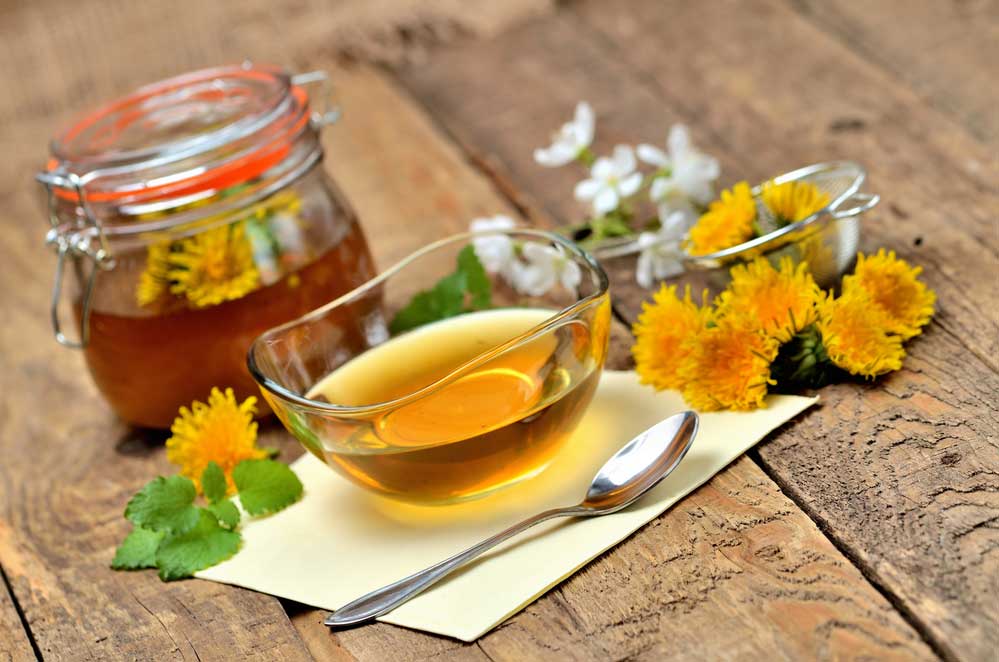
Oregano Tea
Oregano tea is rich in antioxidants, has antibacterial properties, may help reduce a viral infections, and help with inflammation. It’s also helpful as a natural antihistamine.
There are way too many health benefits of oregano tea to list; it’s one of my top, go-to herbs for all-the-things!
You should not take oregano or drink oregano tea if you are allergic to the plant family Lamiaceae.
Additionally, if you have a bleeding disorder, will be having surgery, or have another medical condition, check with your healthcare provider before drinking it.
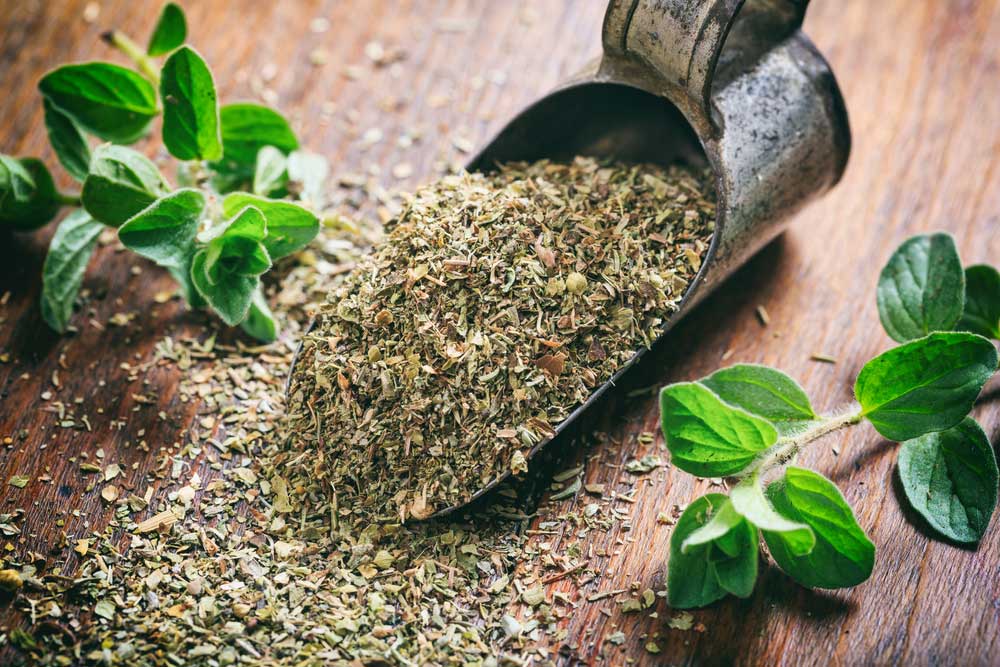
Yarrow Tea
Yarrow tea comes from the yarrow plant, a perennial flowering plant that’s native to Europe.
The tea is packed with vitamins and minerals. It may help with depression and anxiety. Plus, it’s full of anti-inflammatory properties that may inhibit the production of pro-inflammatory cytokines. These cytokines lead to the inflammation associated with multiple sclerosis.
Yarrow tea may also ease irritable bowel syndrome.
Talk to a healthcare professional before drinking yarrow tea, as it may interfere with some medications. Also, yarrow tea contains salicylates that are similar to aspirin, so people who are sensitive to aspirin should avoid the tea.
Yarrow tea may also cause uterine contractions that could lead to miscarriage, so it shouldn’t be drunk by pregnant or breastfeeding women. It may also cause allergic reactions, upset stomachs, nausea, or dizziness.
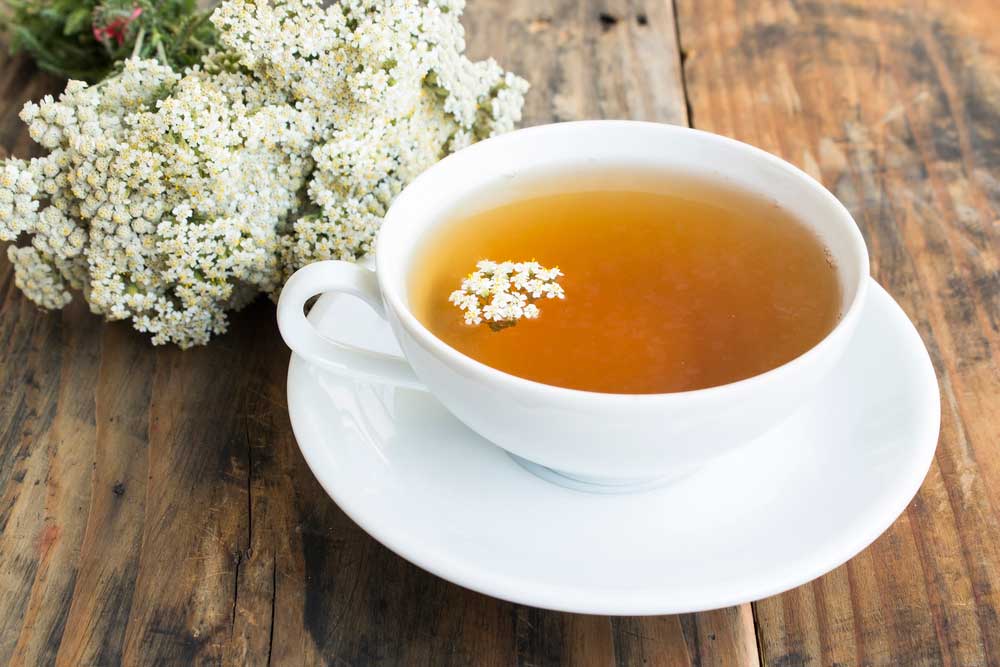
Chai Tea
Chai tea is a drink that’s made by mixing water, milk, spices, and black tea. The drink can soothe chronic inflammation, improve heart health, and improve blood sugar control.
Chai tea does have caffeine, so be cautious about drinking it if you’re working on limiting your caffeine intake.
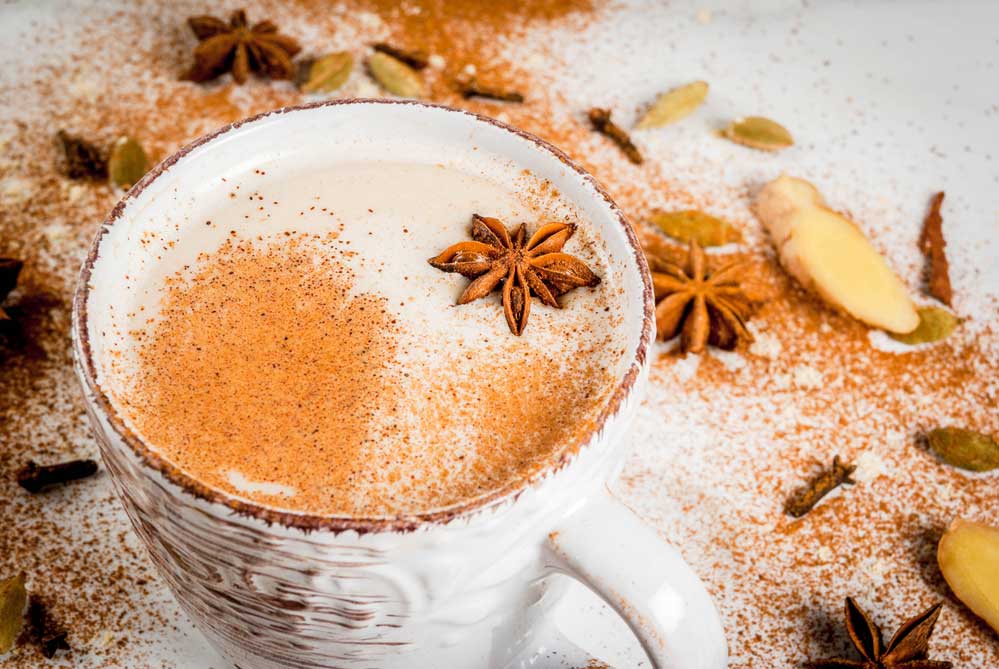
Ashwagandha Tea
Ashwagandha tea contains several powerful antioxidants and anti-inflammatory compounds. These compounds will help with inflammation throughout the body. They may also help if you have an underactive thyroid and might improve your endurance and stamina.
There is no information regarding the safety of ashwagandha tea if you’re pregnant or nursing. Ashwagandha tea may interact with some medications or supplements and may cause some people to experience headaches, nausea, or facial flushing.

Bamboo Tea
Bamboo tea is created by steeping bamboo leaves in water. They may have an anti-atherosclerosis effect and help with cardiovascular disease. The tea contains anti-oxidants that will improve the immune system and reduce inflammation.
Drinking bamboo tea with also help you have healthy nails, hair, and skin.
The drink is considered safe in moderation, although some people may be allergic to bamboo.
Red Raspberry Leaf Tea
Red raspberries are native to Europe, Asia, and North America. The tea is made from the dried young leaves.
Red raspberry tea may help to ease menstrual cramps and nausea. The antioxidant compounds may also relax muscles and ease inflammation. It’s a traditional herbal medication that supports pregnancy and childbirth. It may also increase milk production in nursing women.
Red raspberry leaf tea is considered safe but may cause an upset stomach, uterine contractions, or increased bleeding during pregnancy. Pregnant women should consult a medical practitioner before drinking the tea.
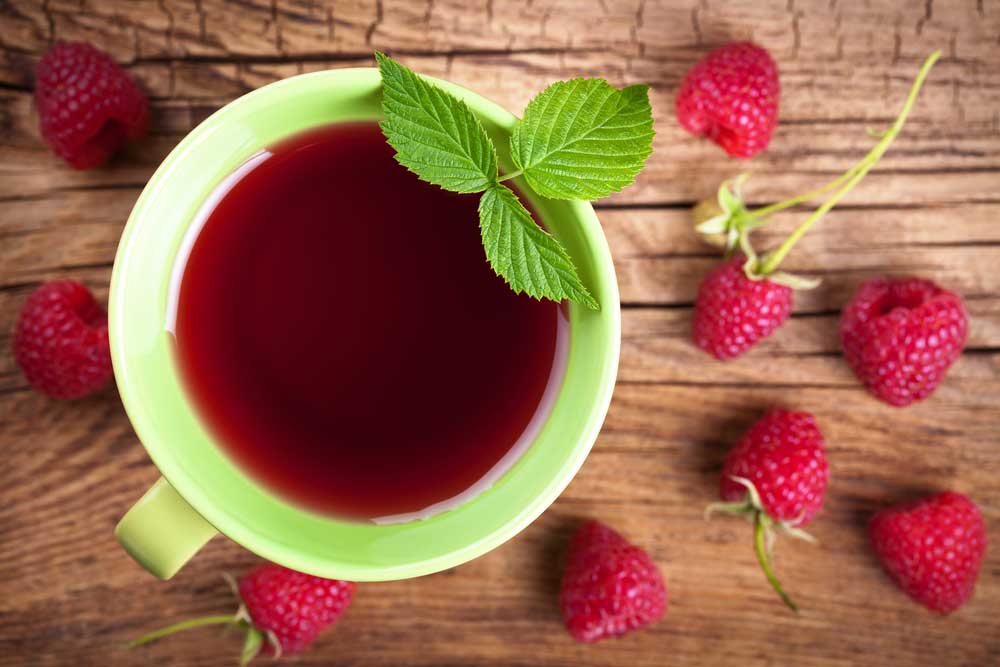
Coriander Seed Tea
There are a ton of health benefits of coriander seeds, and they are worth adding to this list of anti-inflammatory “teas.” Coriander seed tea has a warm, earthy flavor with hints of citrus and spice. It is known for its refreshing aroma and mild bitterness.
Coriander originates from the Mediterranean region but is now cultivated worldwide. It has been used in traditional medicine practices for centuries due to its various health benefits.
Coriander seeds have carminative properties that can help relieve indigestion, bloating, and gas. In addition it may help boost metabolism and suppress appetite. The antioxidants found in coriander seeds can help reduce inflammation and lower cholesterol levels, and some studies suggest that coriander seeds may help regulate blood sugar levels.

Other Health Benefits of Anti-inflammatory Teas
These types of tea, which have anti-inflammatory properties, also have many other health benefits you may experience if you drink the teas on a daily basis.
Improved Cardiovascular Health
Drinking herbal teas and herbal tea blends may lower your risk of death from heart disease. This is because the polyphenol and flavonoids in herbal teas may reduce inflammation and give your heart some protection.
Builds Immunity
The flavonoids in the teas also have antioxidant properties. In addition, the teas are often full of vitamin C. These compounds will support the immune system and increase your body’s ability to fight off illness.
May Aid in Weight Loss
If you’re looking to encourage your body to burn calories and break down fats, then you should be drinking anti-inflammatory tea as part of your daily routine. These teas have catechins that can increase your metabolism.
May Reduce the Risk of Cancer
The anti-inflammatory herbal tea may also reduce your risk of cancer. This is because the antioxidants in tea attack the free radicals that cause cancer.
Helps Respiratory Health
The herbal teas also have the ability to relax and lubricate your throat and reduce swelling, which may allow you to breathe better and improve your respiratory health.
Eases Gastrointestinal Discomfort
Some of the teas, like ginger, peppermint, black tea, and green tea, have been shown to ease upset stomachs and other symptoms of gastrointestinal discomfort.
What is Inflammation?
Inflammation happens when the body’s immune system responds to some sort of irritant, infection, or injury. This often results in redness, swelling, heat, pain, or loss of function in the affected area.
Types of Inflammation
There are two types of inflammation. The first is acute, which is temporary or severe. It’s a response to sudden body damage and usually goes away after a few days.
The second type of inflammation is chronic. It’s a long-term inflammation that lingers for months or even years.
Why Inflammation Can Be a Problem
Inflammation is an issue because it damages healthy tissues and organs. The person may experience internal scarring that causes damage to the DNA in healthy cells. It may also lead to developing a life-threatening disease.
Ways to Reduce Inflammation
There are a few ways to reduce inflammation. You can lose weight and watch your stress levels. Exercising regularly and reducing your blood sugar also helps. In addition, make sure that you eat anti-inflammatory foods and avoid foods that cause inflammation.
Are Herbal Teas Anti-inflammatory?
Many herbal teas are anti-inflammatory. Some of the best herbal teas to reduce inflammation are ginger, turmeric, and chamomile.
What Tea is Good for Arthritis and Inflammation?
If you’re looking to drink tea to help with arthritis and inflammation, consider drinking black tea, green tea, ginger tea, or rose hip tea.
Are Teas Good for Back Pain?
Some teas, like green tea and black tea, are excellent to drink to combat inflammation and will help to fight back pain.
Why Drink Tea for Inflammation?
If you’re suffering from inflammation, you may wish to consider drinking tea. It’s a natural way to treat inflammation that’s also one of the least invasive options. Be sure to consult medical advice, especially if you have a serious problem.
When to Drink Tea to Reduce Inflammation
The best time to drink tea to reduce inflammation is an hour after breakfast or lunch. Another time is in the evening with snacks. These times will help reduce any stomach problems you have while drinking the tea.
Final Summary
Drinking anti-inflammatory herbal tea is an excellent way to reduce symptoms of inflammation. Some of the teas are excellent to drink if you’re suffering from sore muscles, while others are best for arthritis and other types of chronic inflammation.
Sources:
- https://www.healthline.com/nutrition/anti-inflammatory-tea
- https://artfultea.com/blogs/wellness/best-teas-for-inflammation
- https://www.eatingwell.com/article/2054960/the-6-best-anti-inflammatory-teas/
- https://www.healthline.com/nutrition/11-proven-benefits-of-ginger
- https://www.medicalnewstoday.com/articles/lemon-balm-uses
- https://teainabstraction.com/how-to-make-bamboo-tea-benefits/
- https://feastandfarm.com/14-lemon-balm-benefits/
- https://www.goodnature.com/blog/holy-basil-uses-benefits-recipes-side-effects
- https://www.healthline.com/nutrition/rosehip-tea
- https://www.tea-and-coffee.com/blog/rosehip-tea-benefits
- https://www.medicalnewstoday.com/articles/319651
- https://www.medicalnewstoday.com/articles/320031
- https://www.webmd.com/diet/rose-tea-good-for-you
- https://www.healthline.com/nutrition/cinnamon-tea-benefits
- https://www.webmd.com/diet/health-benefits-cloves
- https://www.medicalnewstoday.com/articles/321969
- https://www.healthline.com/nutrition/lavender-tea-benefits
- https://betterme.world/articles/lavender-tea-benefits-side-effects/
- https://www.medicalnewstoday.com/articles/319916
- https://www.miracletree.org/blogs/miracle-trees-blog/wondering-if-moringa-is-good-for-inflammation
- https://www.healthline.com/nutrition/6-benefits-of-moringa-oleifera
- https://www.healthline.com/nutrition/licorice-root
- https://www.healthline.com/nutrition/top-10-evidence-based-health-benefits-of-green-tea
- https://www.healthline.com/nutrition/black-tea-benefits
- https://www.webmd.com/vitamins-and-supplements/black-tea-uses-and-risks
- https://www.webmd.com/diet/health-benefits-white-tea
- https://senchateabar.com/blogs/blog/rooibos-tea-benefits
- https://rejuvenationwater.com/blogs/blog/is-matcha-anti-inflammatory
- https://www.healthline.com/nutrition/peppermint-tea
- https://www.webmd.com/diet/lemon-tea-is-it-good-for-you
- https://www.medicalnewstoday.com/articles/327004
- https://health.clevelandclinic.org/benefits-of-hibiscus/
- https://www.healthline.com/nutrition/stinging-nettle
- https://www.webmd.com/diet/dandelion-tea-is-it-good-for-you
- https://www.tea-and-coffee.com/blog/benefits-of-yarrow-tea
- https://www.cleaneatingmag.com/clean-diet/general-health/5-health-benefits-of-chai-tea/
- https://betterme.world/articles/chai-tea-benefits-side-effects/
- https://www.tea-and-coffee.com/blog/ashwagandha-tea-benefits
- https://floristkid.com/benefits-of-bamboo-leaves/
- https://niftywellness.com/bamboo-tea-benefits/
- https://wildblissorganics.com/4-red-raspberry-leaf-tea-natural-health-benefits/
- https://www.healthline.com/nutrition/benefits-of-cloves
- https://www.stylecraze.com/articles/amazing-health-benefits-of-cloves/
- https://www.healthline.com/health/food-nutrition/lemongrass-tea
- https://artfultea.com/blogs/wellness/lavender-tea
- https://www.healthline.com/nutrition/7-benefits-of-matcha-tea
- https://www.thehealthsite.com/diseases-conditions/unexpected-side-effects-of-peppermint-tea-kd1018-611851/


